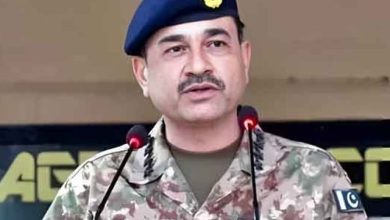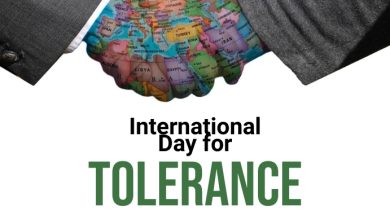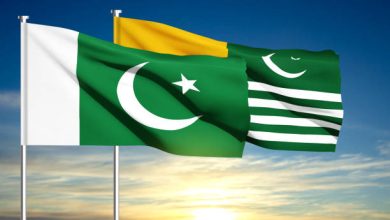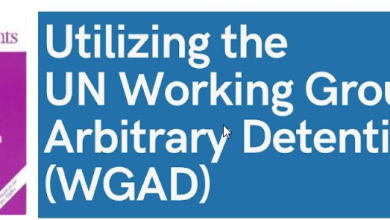Article: Credibility of Indian occupied Kashmir elections
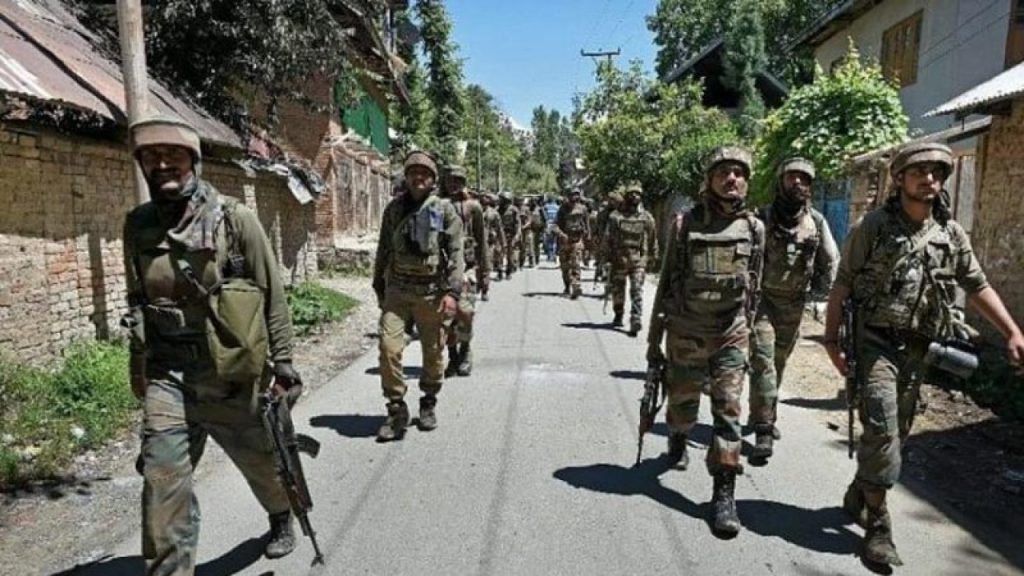 Abdul Basit Alvi
Abdul Basit Alvi
The situation in Indian illegally occupied Jammu and Kashmir is also deteriorating, with numerous reports of human rights abuses and atrocities. The conflict over Jammu and Kashmir, originating from the 1947 partition of British India, remains unresolved. The princely state of Jammu and Kashmir, which had a predominantly Muslim population but a Hindu ruler, became a contentious issue.
In August 2019, India abrogated Article 370 of its Constitution, which had granted special status to occupied Jammu and Kashmir.
This move, heavily criticised by Kashmiris, Pakistan, and various international entities, led to communications blackout in the region. Numerous human rights organizations, international bodies, and local activists have documented diverse atrocities in occupied Kashmir. Frequent reports highlight extrajudicial killings, often termed “encounters” by Indian forces, involving innocent Kashmiris killed without trial. There are also cases of individuals killed under questionable circumstances, raising concerns about due process and accountability.
Enforced disappearances, where individuals are taken by Indian forces and their whereabouts remain unknown, are reported frequently, causing prolonged uncertainty and distress for families. Arbitrary detentions of political activists, journalists, and ordinary citizens without formal charges or trials are also significant issues in Indian-Held Kashmir . Reports suggest that detainees in Held Kashmir frequently endure severe conditions and torture, including physical mistreatment and psychological distress.
The Indian government has enforced stringent limitations on freedom of expression and the press in the region. Journalists and media outlets covering the situation face censorship, harassment, and even arrest. The communications blackout following the abrogation of Article 370 has further restricted information flow and hindered journalists and activists from documenting and reporting on abuses.
The ongoing operations have profoundly impacted the civilian population in Held Kashmir , with curfews, lockdowns, and frequent internet shutdowns disrupting daily life and affecting access to education, healthcare, and economic activities.
Internationally, concerns about the situation have been raised. Human rights organizations such as Amnesty International and Human Rights Watch have condemned the reported abuses and called for independent investigations. The UN has voiced concerns about human rights violations and urged for a peaceful resolution to the conflict.
Addressing the reported atrocities presents several challenges. Limited access for independent observers and journalists makes it difficult to document and verify abuse reports. The communications blackout and movement restrictions further complicate accurate assessment of the situation. Additionally, India’s legal framework and the complex environment create obstacles to holding perpetrators accountable, with investigations and prosecutions often facing bureaucratic and political barriers.
The call for self-determination in Indian occupied Kashmir is deeply rooted. The region’s predominantly Muslim population has long felt politically and economically marginalized. The abrogation of Article 370 and subsequent changes to the region’s status have intensified disillusionment and alienation. Many residents view these developments as undermining their special status and autonomy. For a significant portion of the population, the aspiration for self-determination and affiliation with Pakistan is closely linked to their cultural, religious, and political identity. The majority Muslim population aligns more with Pakistan, seeing it as a natural ally culturally and historically. Economic development in Indian held Kashmir has lagged behind other regions of India, resulting in widespread unemployment and underdevelopment. Many believe joining Pakistan could offer a more promising economic future.
The dissolution of the Kashmir assembly and direct rule from New Delhi have introduced political uncertainty, leading to delays in election scheduling. The lack of an elected government has contributed to these delays. Persistent allegations of electoral manipulation, including voter suppression and intimidation, undermine the fairness of the process and deter participation. Claims of vote rigging and electoral fraud suggest the process is manipulated to benefit specific political parties or candidates, damaging the credibility of elections.
Transparency is essential for fair and credible elections, yet issues have been reported. The presence of independent observers is crucial for ensuring transparency, but in Indian occupied Kashmir, restrictions on observer access— both domestic and international— have raised concerns about the process’s impartiality and integrity. Periodic communication blackouts, often imposed, have hindered media and civil society efforts to monitor and report on elections, leading to accusations of hidden agendas and diminished public confidence.
The abrogation of Article 370 in August 2019, which ended Jammu and Kashmir’s special status, has significantly altered the region’s political landscape and electoral process. The reorganization of occupied Kashmir into two union territories— Jammu and Kashmir, and Ladakh— has centralized control and shifted political dynamics, further delaying elections and complicating efforts to establish representative governance. The increased Indian military presence since the abrogation has created an environment of heightened surveillance and control, which impacts citizens’ ability to participate freely in elections. Reports indicate that this military presence fosters fear and intimidation.
Many local political parties and leaders have boycotted elections, citing concerns over the process’s fairness and legitimacy. This boycott adds complexity to the political situation and impedes efforts to conduct inclusive and representative elections. The electoral issues in Indian-Held Kashmir have drawn significant attention from both international and domestic observers. International human rights organizations have raised concerns about the electoral process in Indian illegally occupied Jammu and Kashmir, citing problems such as voter suppression, lack of transparency, and accusations of electoral manipulation. Domestically, there have been calls for reforms to ensure that elections in Indian-Held Kashmir are fair and transparent.
India has a track record of irregularities in conducting elections in Indian-Held Kashmir The integrity of the electoral process has been intensely debated, with the area’s ongoing conflict and complex territorial disputes contributing to numerous allegations of electoral rigging. These claims suggest that various strategies and tactics may have been used to influence election outcomes and undermine the democratic process.
Its electoral history is deeply linked to its political and territorial conflicts. The 1987 assembly elections, the 2014 legislative assembly elections, and more recent local body elections in Indian-Held Kashmir have all faced allegations of manipulation, reflecting broader concerns about the fairness and transparency of the electoral process in the region. The 1987 elections are frequently cited as a critical case of alleged electoral rigging, with widespread criticism for irregularities such as ballot stuffing, vote tampering, and manipulation of voter lists. Opposition parties, especially those challenging the National Conference, encountered significant obstacles, including systematic falsification of results and voter coercion.
The 2014 assembly elections were also marred by controversy, with allegations of discrepancies in voter rolls, malfunctioning Electronic Voting Machines (EVMs), and voter and candidate intimidation. Reports indicated issues such as long delays at polling stations and problems with voting technology, fueling scepticism about the legitimacy of the results and the overall fairness of the process.
Local bodies elections in 2019 and 2020 faced similar scrutiny. Allegations included manipulation of voter lists, biassed allocation of polling stations, and voter intimidation. Irregularities such as problems with ballot handling and results reporting were reported, raising concerns about the effectiveness of local governance and the ability of elected representatives to genuinely reflect their constituents’ will.
Recurring patterns in allegations of electoral rigging in Indian held Kashmir include discrepancies in voter lists, with reports suggesting the inclusion of deceased individuals or the exclusion of eligible voters. EVMs have been criticized for malfunctioning and tampering, with claims of inconsistent results and altered outcomes. Additionally, reports of voter and candidate coercion and limited access for media and independent observers have further eroded trust in the electoral process.
Restrictions on reporting and monitoring can hinder the accurate documentation of electoral irregularities and intensify public scepticism about the process. The allegations of rigging have far-reaching consequences. Persistent accusations undermine public trust in both the electoral system and democratic institutions. When voters and political actors view the system as flawed, it diminishes the legitimacy of elected representatives and governance.
Such accusations can also heighten existing tensions and conflicts in the region, potentially leading to greater political instability and dissatisfaction among the population. As a result, there have been increasing calls for electoral reforms to enhance transparency and fairness in the process.
Ensuring that elections are free, fair, and credible is crucial for restoring public confidence and advancing democratic governance. Despite this, India appears set to stage yet another controversial election in the disputed region. A key issue is that the Indian government has recently granted significant powers to the Governor of Indian-Held Kashmir, signalling a lack of trust in the region’s elected officials.
If India itself does not believe in the effectiveness of the local government and is reluctant to grant it any real authority, the rationale behind staging these elections is questionable.
Further, India’s claims of improving conditions in IIOJK are misleading. Given the prevalent atmosphere of fear, human rights violations, and hostility towards India, such assertions cast doubt on the legitimacy of the electoral process. The situation is exacerbated by lockdowns, media restrictions, and evidence of fraudulent voting. The claims of higher turnout are also false in such heavy lockdowns and restrictions.
India’s repeated attempts to present these elections as a sign of peace ignore the reality that Kashmiris largely oppose Indian rule and seek their right to self-determination. In contrast, the people of AJK enjoy greater freedom and choose their representatives independently. The only viable resolution is to compel India to cease these misleading election processes and to grant Kashmiris their right to self-determination, as outlined in United Nations resolutions.





